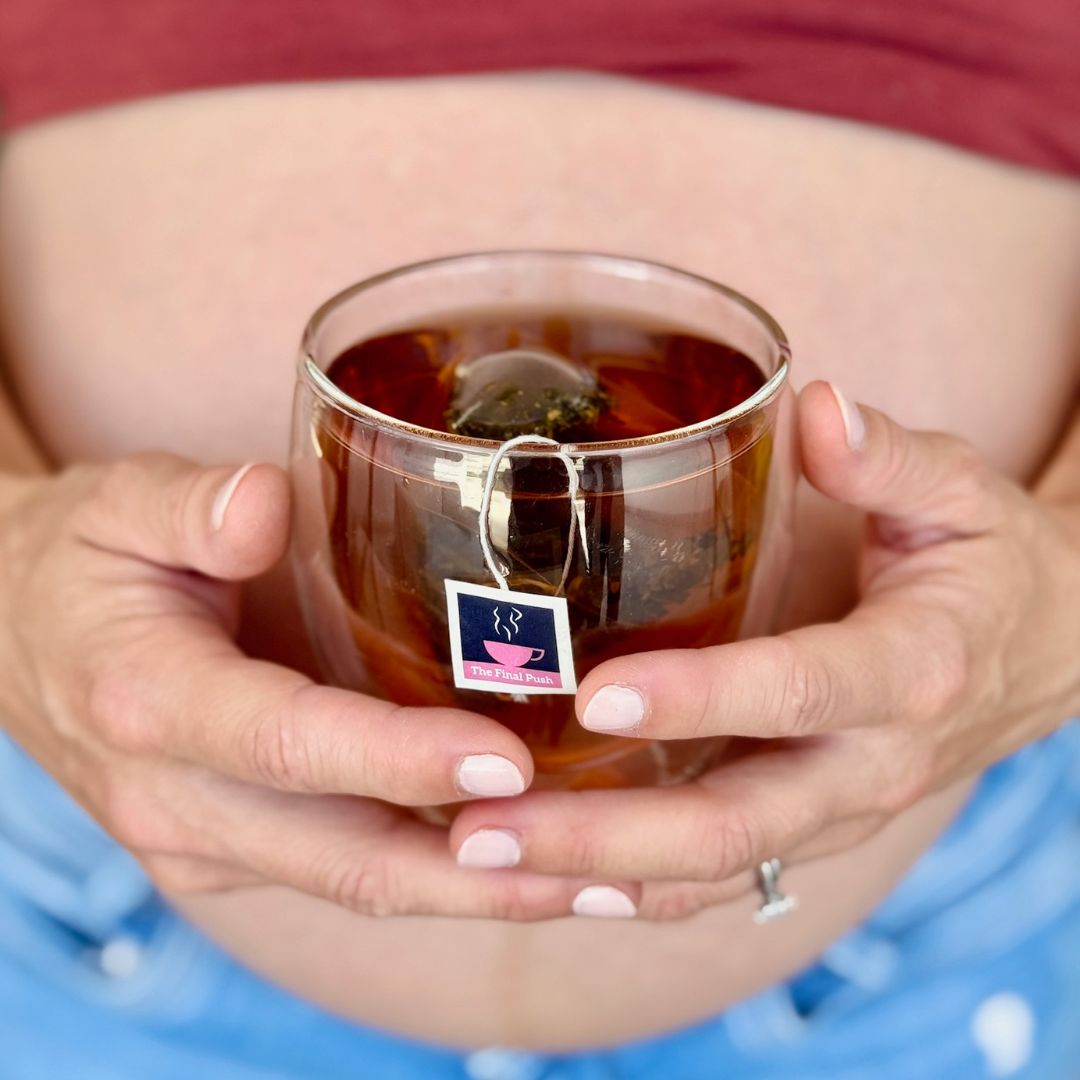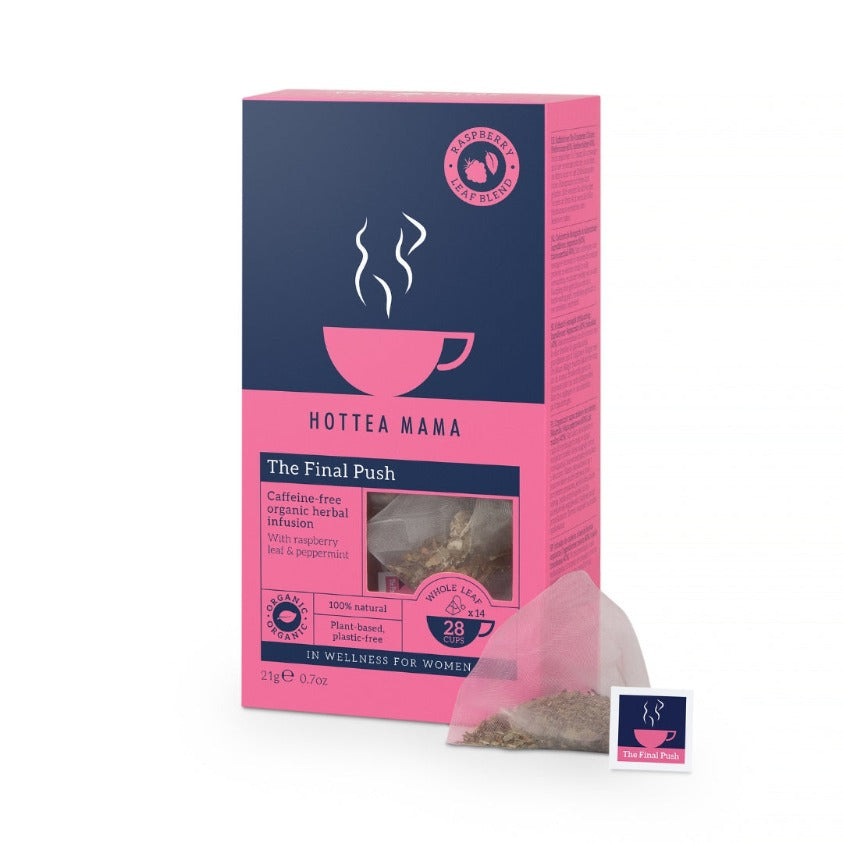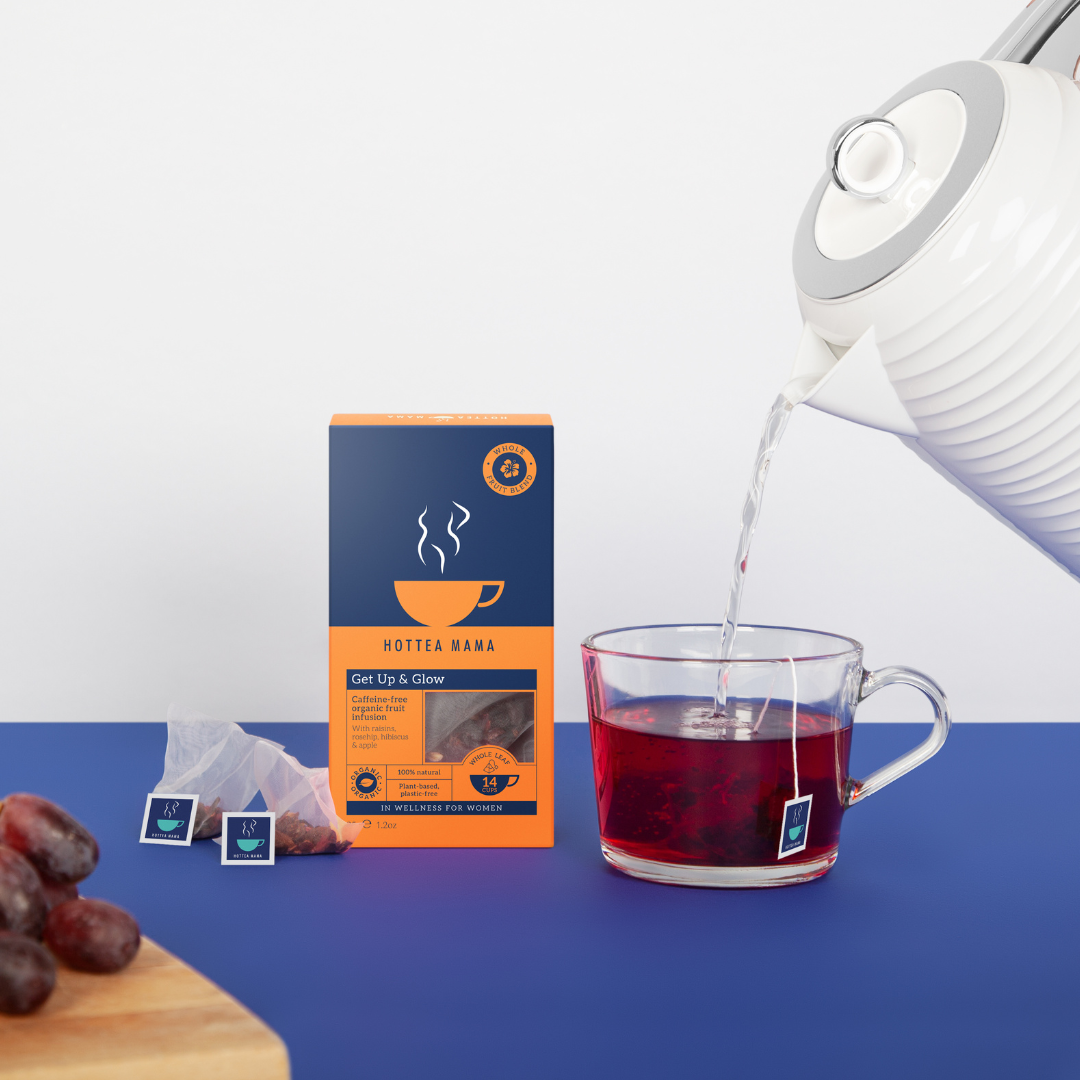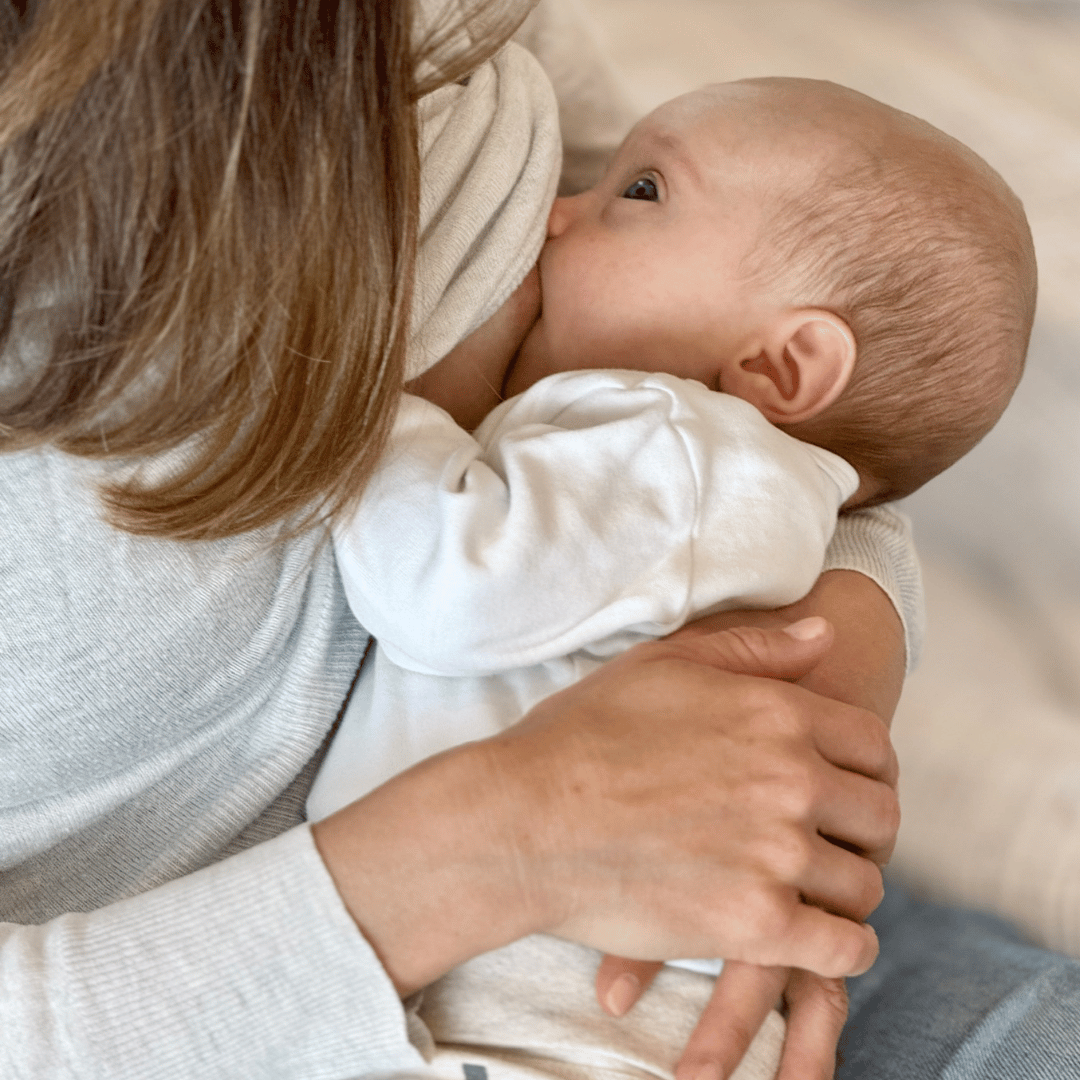Can I Drink Raspberry Leaf Tea If I Have Braxton Hicks?

If you’re pregnant and experiencing Braxton Hicks contractions, you might be wondering about the safety of drinking herbal teas—especially raspberry leaf tea. This popular pregnancy tea is often recommended for its potential benefits in the third trimester, but is it safe to drink raspberry leaf tea if you’re having Braxton Hicks? It's not a simple answer...
What Is Raspberry Leaf Tea?
Raspberry leaf tea is made from the leaves of the red raspberry plant (Rubus idaeus). It’s traditionally known as 'the women's herb', widely drunk by pregnant women in their third trimester for its reputed ability to tone the uterus and prepare the body for labour. Many midwives and birth professionals suggest raspberry leaf tea from 32 weeks of pregnancy to support a smoother birth experience.
What Are Braxton Hicks Contractions?
Braxton Hicks contractions, sometimes called “practice contractions,” are mild, irregular tightenings of the uterus that can start as early as the second trimester. They are your body’s way of preparing for labour but are not a sign that labour has started. Braxton Hicks are usually painless and go away with rest, hydration, or a change in activity.
Can I Drink Raspberry Leaf Tea If I Have Braxton Hicks?
The short answer is: Yes, most women can drink raspberry leaf tea if they are experiencing Braxton Hicks contractions, especially in the third trimester. There is no evidence that raspberry leaf tea causes premature labour or increases the risk of early contractions. In fact, raspberry leaf tea is most commonly recommended from around 32–34 weeks of pregnancy, which is also when Braxton Hicks contractions are more noticeable.
What Does the Research Say?
- Raspberry leaf tea does not induce labour. Clinical studies and reviews show that raspberry leaf tea may help tone the uterine muscles and potentially shorten the second stage of labour, but it does not trigger contractions or cause premature birth.
- Most guidelines suggest starting raspberry leaf tea in the third trimester. The Royal College of Midwives recommend introducing raspberry leaf tea after 32 weeks, gradually increasing the amount as you approach your due date.
- Listen to your body. If you notice any unusual symptoms—such as painful, regular contractions, bleeding, or reduced baby movements—stop drinking raspberry leaf tea and contact your healthcare provider.
Tips for Drinking Raspberry Leaf Tea Safely
- Start slowly: Begin with one cup a day and gradually increase to two or three cups as you get closer to your due date. If you feel it's having a very big impact - stop drinking until 37 weeks, when you can have 3 cups per day.
- Consult your midwife or doctor: Always check with your healthcare provider before starting any new herbal tea during pregnancy, especially if you have a history of preterm labour, uterine surgery, or other complications.








Comments